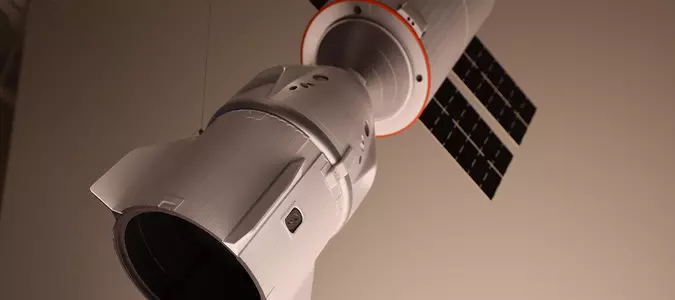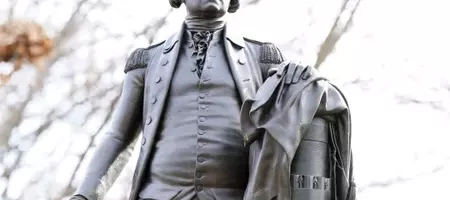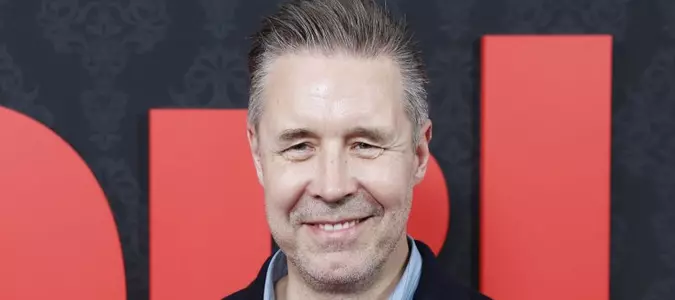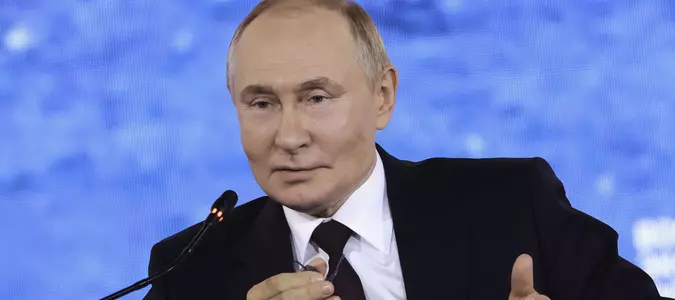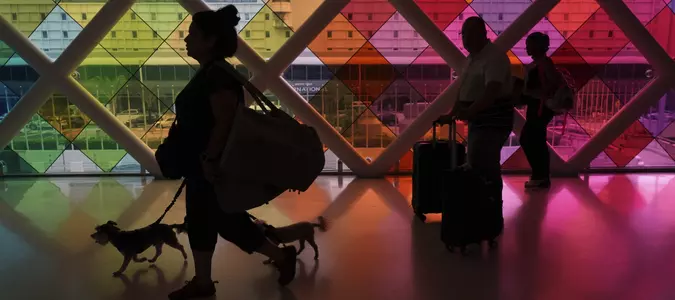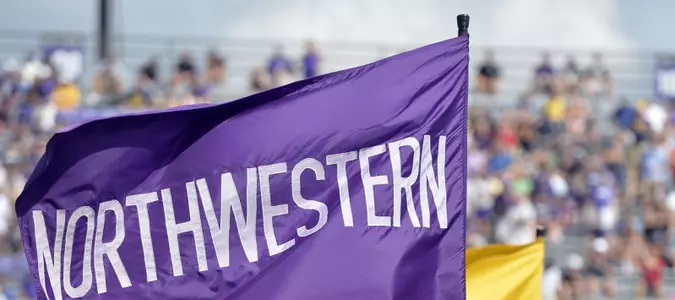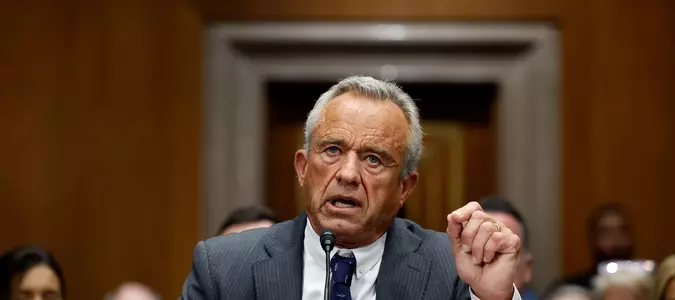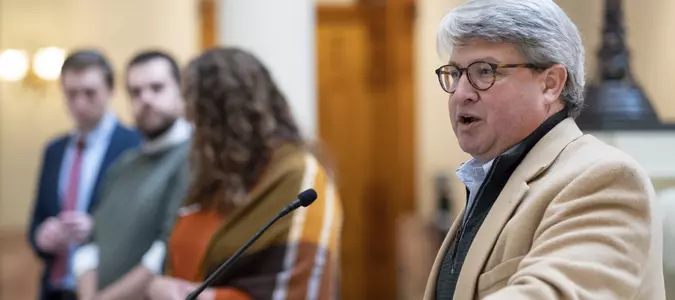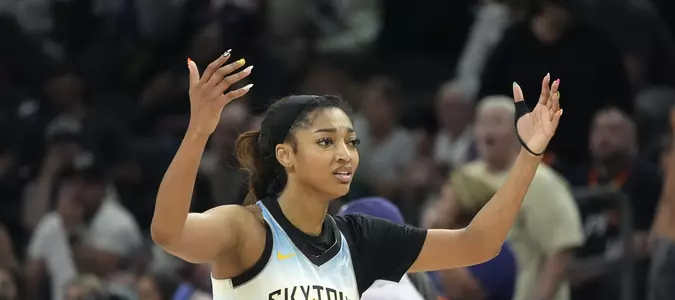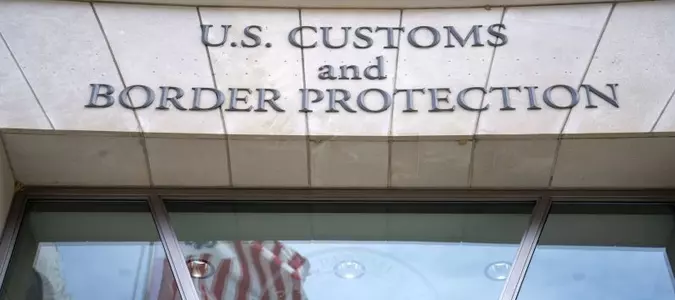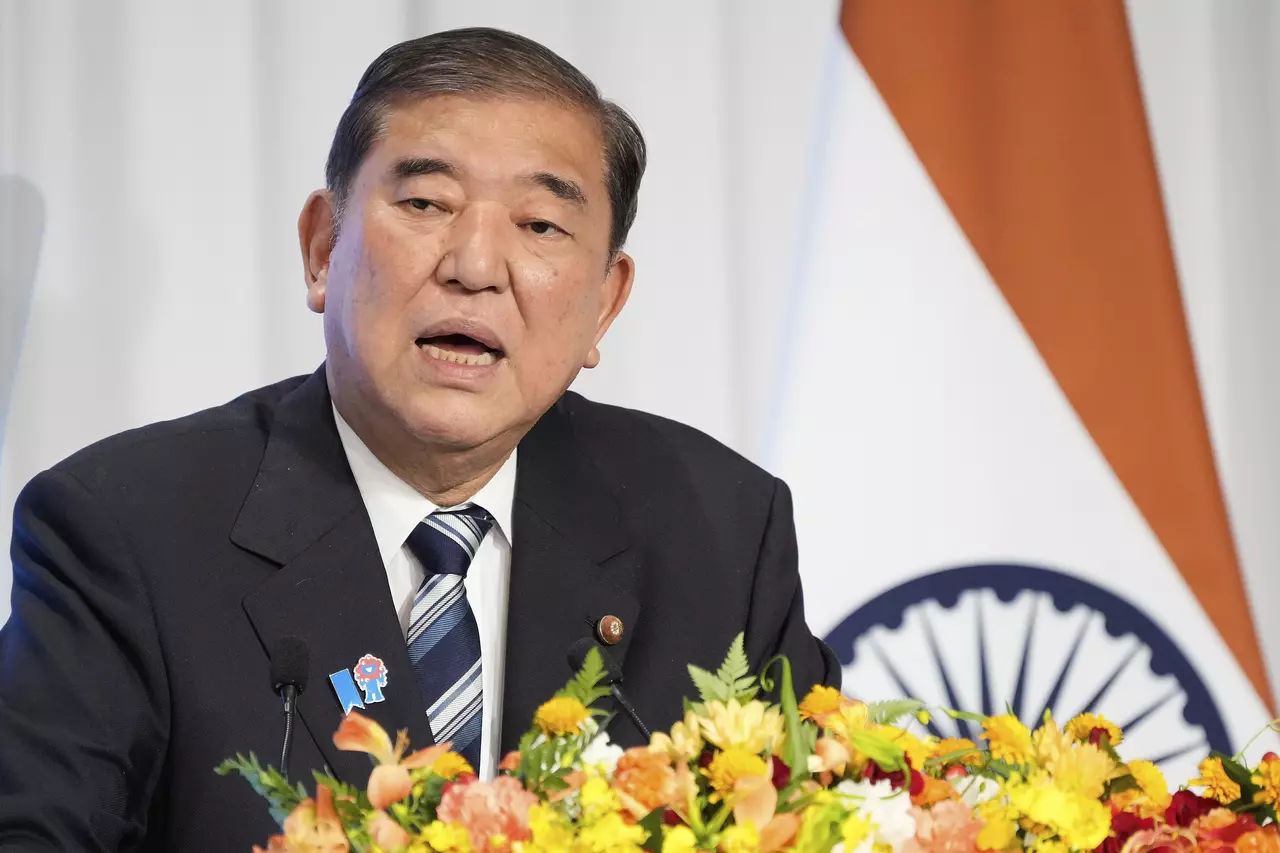

Japan welcomes Trump's order to implement lower tariffs on autos and other goods
Japan’s Prime Minister Shigeru Ishiba has welcomed U.S. President Donald Trump's order to implement lower tariffs on automobiles and other Japanese imports

Japanese Prime Minister Shigeru Ishiba delivers a speech during the Japan India Economic Forum in Tokyo Friday, Aug. 29, 2025. (AP Photo/Eugene Hoshiko)
TOKYO (AP) — Japan's Prime Minister Shigeru Ishiba welcomed U.S. President Donald Trump's signing of an order to implement lower tariffs on automobiles and other Japanese imports as a step that addressed uncertainty for key industries.
The reduction to 15% from the previous 25% was agreed between the two sides on July 22.
“Tariff negotiations between Japan and the United States was the top priority for the government and we have put all our effort into achieving an agreement in a best possible way as soon as possible,” Ishiba said Friday. “The way it was achieved … is just excellent.”
The step on tariffs comes as the Japanese prime minister faces pressure from right-wing rivals within his party to resign over its July election loss.
In Washington, Japan’s top tariff negotiator Ryosei Akazawa and his U.S. Commerce Secretary Howard Lutnick also signed a joint statement, confirming a $550 billion Japanese investment in U.S. projects.
...
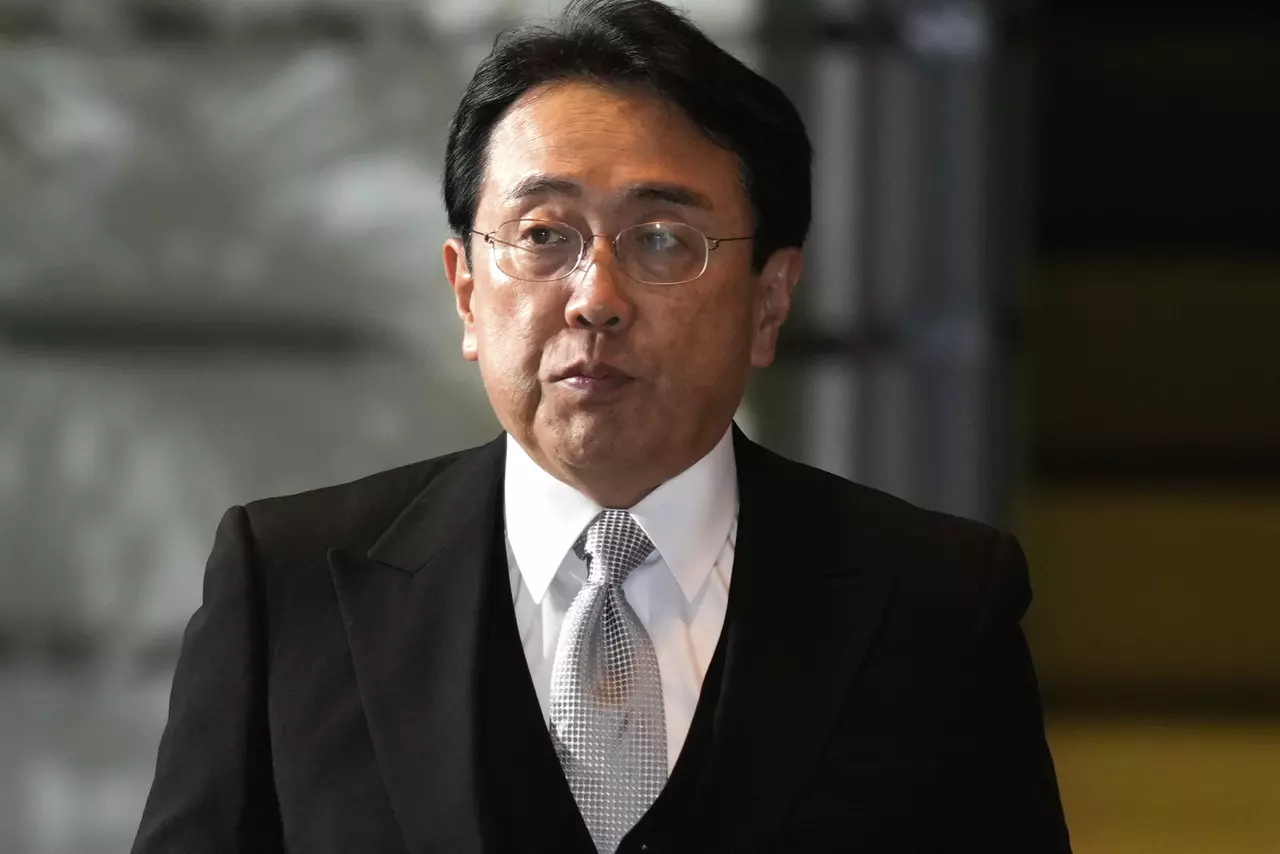
FILE - Ryosei Akazawa, newly appointed Minister in charge of Economic Revitalization, arrives at the prime minister's office in Tokyo, on Oct. 1, 2024. (AP Photo/Hiro Komae, File)
Akazawa said Trump's order brings down tariffs on automobiles and auto parts to 15% and that there will be no stacking on the existing rate, and so-called reciprocal tariffs on most other goods are also set at the same rate without stacking. He said aircraft and aircraft parts will be excluded from reciprocal tariffs.
The two allies agreed on the deal in July but Japanese officials discovered days later the preliminary deal had added 15% on existing rates and objected. Washington acknowledged the mistake and agreed to fix and to refund any excess import duties paid.
Akazawa said he expected the order to take effect within two weeks.
Ishiba said Akazawa carried the prime minister’s letter to Trump, stating his wish to build “a golden era of Japan-U.S. relations” together, and inviting the president to visit Japan.
He welcomed the deal as a result of his consistent push for investment instead of tariffs and stressed that “it is important to implement the agreement faithfully and promptly.”
